Thank you for your interest in our Alcona Bridge Project! We appreciate all the donations that were made to help us give this community a means of accessing basic services. This campaign has ended, but if you would like to continue your support please visit https://www.ewb-msoe.org/donate for more information.
El Manantial Water System
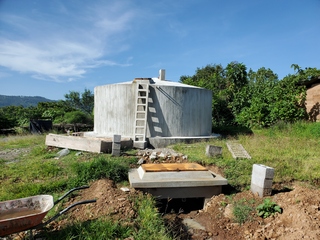
The community members of El Manantial, which translates literally as "fountain," ironically have to walk 40 minutes to carry water to their homes six months a year. Located less than an hour from Joyabaj, the community's 1,050 residents are predominantly K’iche’ speaking Maya. Most families support themselves by growing crops on the same land that their ancestors have tilled for centuries. While there are two local springs, they only serve as a reliable source of water during Guatemala’s wet season. In addition to walking forty minutes to fetch water from a nearby river during the dry season, they also must collect extra firewood to boil the water so that it is safe to drink.
The MSOE chapter of EWB-USA is partnering with the Municipality of Joyabaj and El Manantial's Community Development Committee (COCODE) in the design and construction of a potable water system for the community, which includes storage, initial treatment, and distribution to each household so that water can be accessed simply by turning on a tap.
Several prerequisites must be met for a community to be ready to build and maintain such a system. First, a nearby water source must be found. To that end, the Municipality of Joyabaj constructed a well. Well tests revealed that the water was of sufficient quality and quantity to serve the needs of the community.
Second, the COCODE must organize themselves to develop a water utility, ironing out all the decisions and details related to managing, operating, and funding the system. This process includes a six-month training program which was developed by EWB-USA/Guatemala and is conducted by Guatemalans with experience in community social work.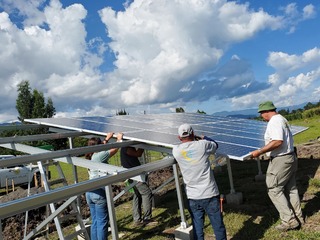
Timeline:
The water system design is well underway. MSOE students will continue designing the water distribution, storage, and treatment components of the system throughout the 2021-2022 academic year.
Phase 1: Construction of water storage tank and installation of pump is scheduled to commence the spring of 2022.
Phase 2, Construction of the water distribution line and installation of home taps is scheduled for the summer of 2022.
Ultimately, this project will provide each family in El Manantial clean water year-round and eliminate the need to make long trips to the river. The task of carrying water is historically the job of females. All too often, families are faced with the difficult decision of deciding which children will go to school and which will stay home to carry water. Residential water taps consistently result in higher female school enrollment. The ripple effects of having a simple tap at one's home go far beyond the very significant physical health improvements.
Cost:
This total project cost is currently estimated at $170,000.
Funders:
The Municipality of Joyabaj, the community of El Manantial, and the Rotary Club of Milwaukee are all contributing financially towards the total project cost. The estimated amount which the MSOE chapter is responsible for contributing is $16,000.
Chosavic School House
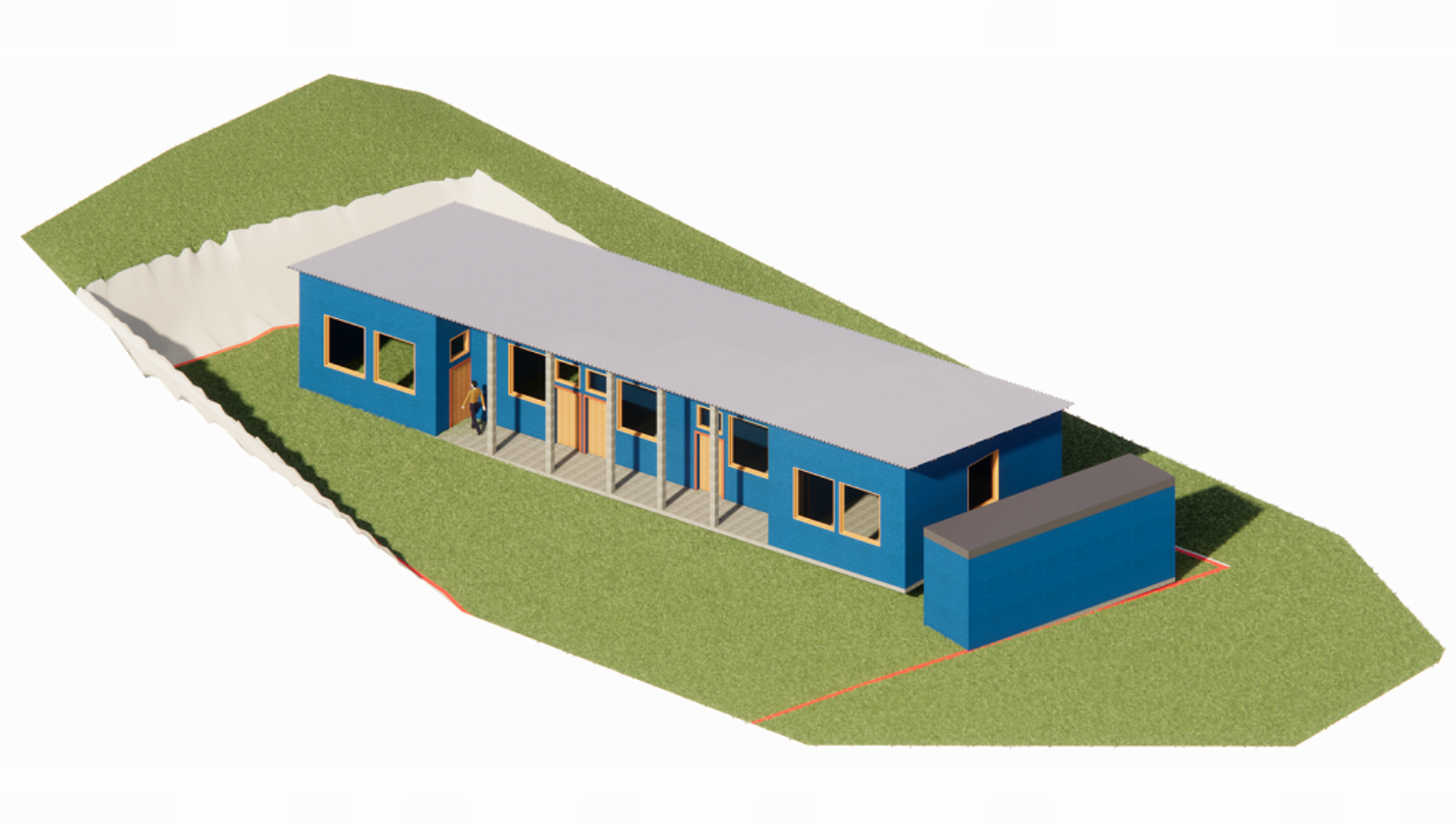
"If you build it, they will come.” Just a 15-minute drive from the municipal center of Joyabaj, the community of Chosavic was once nothing more than a sparse area with four households. Much changed when those four households decided to build a soccer (fútbol) field. Word quickly spread, and people from surrounding areas began arriving, first for soccer games and then to set down roots.
The first school was then founded in 1967 and was a one-room structure made from adobe, wood, and a clay tile roof (common before the 1976 earthquake). By 2002, the school had expanded to three masonry classrooms in which 125 students were taught in morning and afternoon shifts. By 2006, there were 10 classrooms and junior high grades were added. The current elementary school enrollment is 307 students. The soccer field not only serves for community recreation, but it is also the site for PE classes literally every hour of every school day.
Chosavic now boasts of 350 homes and 2450 inhabitants, most of which are sustained by agriculture, handicrafts, or small businesses. A select few have formal employment in Joyabaj. Despite the impressive size of the current school, they are still short on space. Three classes currently meet in improvised spaces lacking walls or even roofs. It is estimated that at least fifty school-aged children are unable to attend classes due to overcrowding.
The MSOE chapter of EWB-USA is partnering with the school leadership and the Chosavic Community Development Committee (COCODE) in a school expansion project.
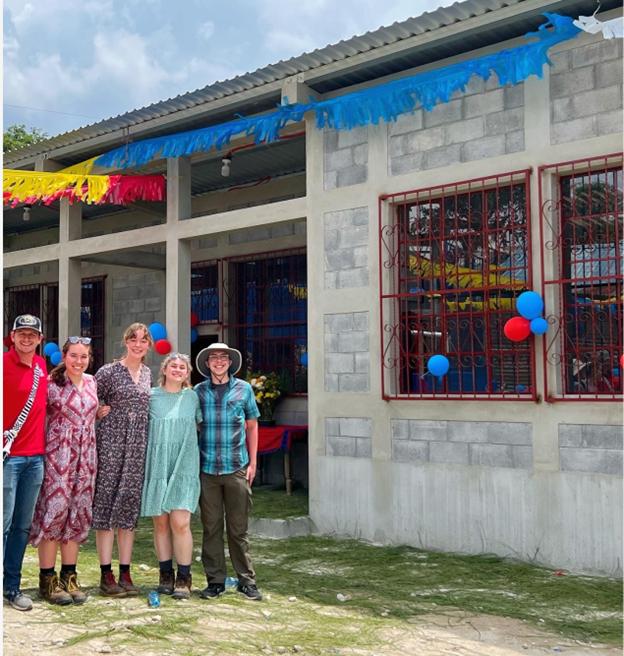
Cost:
The construction cost for this project is estimated at $65,000. We are financially partnering with the Municipality of Joyabaj, the COCODE of Chosavic, and other donors. The MSOE chapter of EWB-USA has already contributed $15,000 to this project thanks to donations from last year's crowdfunding campaign. Due to material price increases, we are anticipating that more might be needed.
Cardamom Spice Dryer
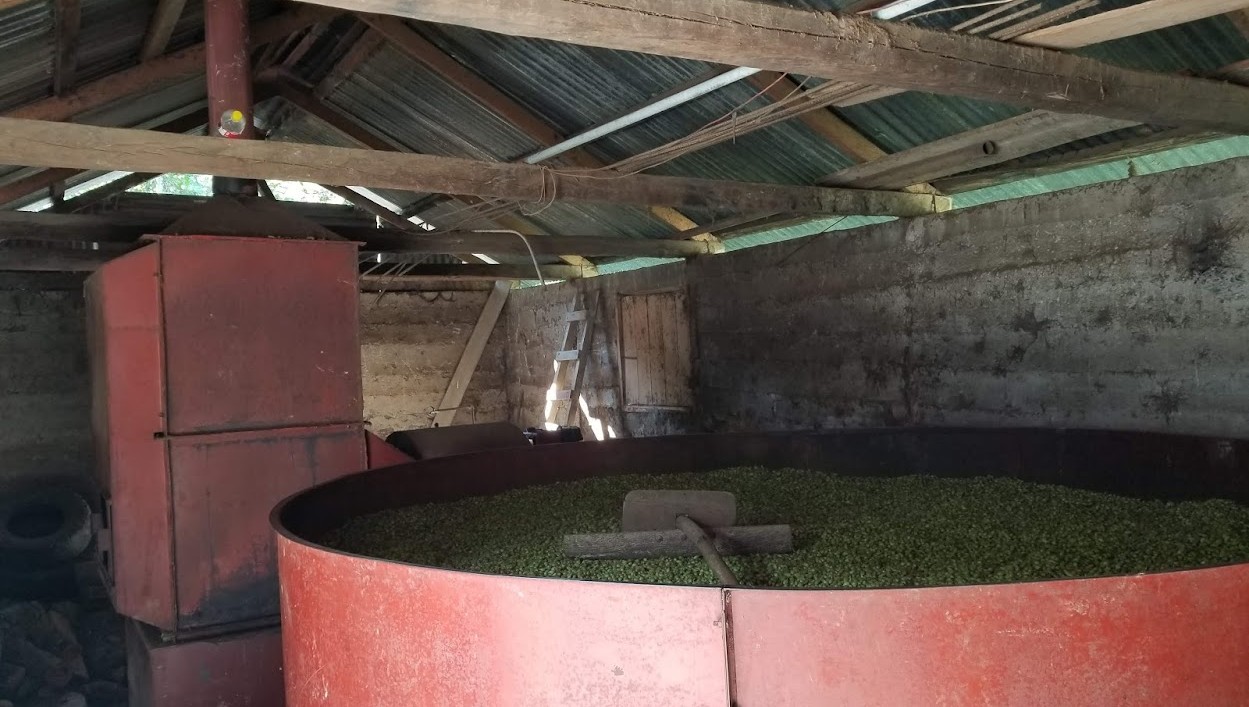 The cardamom trade is an economic lifeline for the country of Guatemala. Its cardamom industry produces 80% of the world’s cardamom trade with an annual yield valued at an impressive $580M. Approximately 300,000 indigenous smallholder farmers produce almost 70% of Guatemala’s cardamom exports on small plots of 10 acres or less.
The cardamom trade is an economic lifeline for the country of Guatemala. Its cardamom industry produces 80% of the world’s cardamom trade with an annual yield valued at an impressive $580M. Approximately 300,000 indigenous smallholder farmers produce almost 70% of Guatemala’s cardamom exports on small plots of 10 acres or less.
Cardamom pods are dried in large industrial driers that consist of a large vat (pila) filled with cardamom and a system that circulates air by means of a diesel engine powered fan through a heat exchanger heated from a firewood combustion chamber. The drying process is a long and inefficient process requiring a significant amount of firewood and diesel. This clearly exacerbates the crises of Guatemalan deforestation and global climate change.
Over the past several years, the MSOE chapter of EWB-USA has partnered with Guatemalan farmers and Heifer International on various projects to improve the efficiency of the cardamom driers. The aim of each project is to create a simple, cost-effective modification to the driers that can be easily implemented by farmers using locally sourced materials and tools. The first project involved small bent pieces of metal we called swirlers which increased the heat transfer efficiency when placed in the heat exchanger tubes. The second project focused on a control valve to regulate the amount of air over the wood fire, allowing the farmers to control the temperature when the drier got too hot. The current project is focusing on decreasing heat loss out of the drier by adding fins at the back of the driers to control the airflow.
Cost:
The estimated budget for this ongoing series of projects is $1000, which will cover materials and the testing of prototypes.